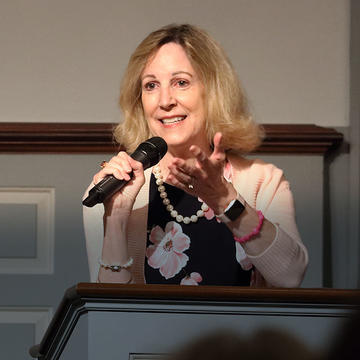Trust in the Supreme Court is grievously wounded
Using the lens of history, what can we glean from the breach of an institution that is famously airtight?
READ THE FULL ARTICLE AT CNN.com
Renowned Supreme Court Justice Oliver Wendell Holmes Jr. compared the peaceful ambiance of the nation's highest court to "the quiet of the storm center." As anyone who has experienced a hurricane knows, howling winds and pelting rain prevail until an eerie calm signals that the eye has arrived. Then the storm recommences when the center moves on.
A bullseye might now be the more apt metaphor for the U.S. Supreme Court, which is at the center of incoming fire after the unprecedented leak of a draft opinion by Politico on May 2. The preliminary opinion, authored by Justice Samuel Alito and joined by four other conservative justices, would overturn Roe v. Wade, the court's 1973 precedent that guaranteed a national right to abortion.
Since that ruling, conservatives have been calling for a ban on the premature ending of pregnancies and they have excoriated justices for not voiding Roe. Now, progressives have taken to the streets, including at the court's doorstep, to express their vehement opposition to what will surely be the end of abortion access in half the states that have eliminated, or are poised to ban, that option.
The justices will issue a final opinion in Dobbs v. Jackson Women's Health Organization, which will likely uphold Mississippi's limit on abortions, by late June. If the leaked draft remains intact, Roe's precedent will be extinguished, and its replacement will become settled law. Some liberals fear the court's reasoning that abortion is not a right because it is not mentioned in the Constitution could also eventually invalidate previous rulings upholding the right to contraceptives, sexual relations and marriage equality for interracial or LGBTQ couples.
Just as stunning as the leak itself, from an institution that is famously airtight and prides itself on ignoring public reaction to its work, was Chief Justice John Roberts' immediate confirmation that the premature opinion is authentic. From the moment he succeeded his mentor, Chief Justice William Rehnquist, in 2005, Roberts has emphasized the need to protect the court as an institution, especially its legitimacy in the eyes of the American people. He even expressed a desire to avoid closely divided rulings in order to promote confidence in their results.
